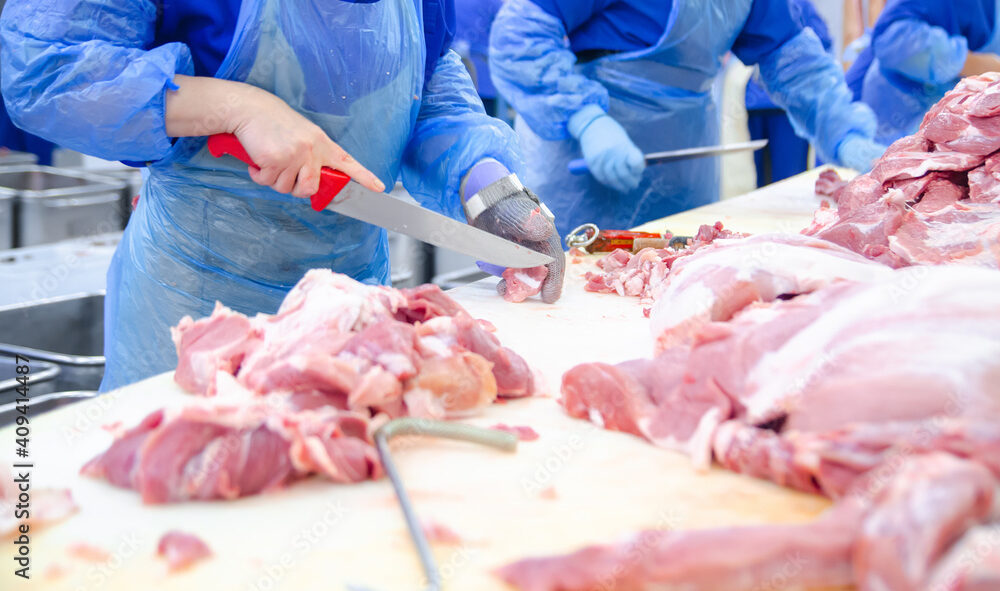The impact on wage bills of changes announced in Chancellor Rachel Reeves’ Autumn Budget could cost the meat sector an extra £150m to £160m a year, according to the British Meat Processors Association (BMPA).
The NPA has also warned of the impact the changes to the National Living Wage (NLW) and the National Insurance (NI) could have on pig producers. With retailers also certain to be heavily affected, and tight margins already in place across the food chain, there are concerns the hikes could push up food prices and hurt working people.
What is changing?
The rate of employers’ NI will rise by 1.2% to 15% in April 2025, while the secondary threshold at which employers start paying NI for an employee will drop from £9,100 per year to £5,000, meaning more low-earning and part-time staff will be caught up.
However, for smaller employers, the Employment Allowance will more than double to £10,500 and the £100,000 threshold will be removed. Chancellor Rachel Reeves said this means businesses should be able to employ four full-time workers on the NLW without paying any NI.
At the same time, the NLW will increase by 6.7 % to £12.21/hour, payable to all staff aged 21 from April 2025. The Chancellor also announced she will abolish current NLW age bands, incrementally moving to a single adult rate, starting with an increase from £8.60/hour to £10/hour for 18-20-year-olds in April 2025.
The Treasury admitted nearly a million businesses will be left with higher tax bills, as a result of the NI increase. CBI chief executive Rain Newton-Smith said the changes will make employers less likely to ‘take a chance’ on new recruits and will put a ‘heavy burden on business’.
Meat industry impact

Mr Allen said, while much of focus on the Budget from a farming perspective has been on inheritance tax, the impact on wages could have just as big, if not bigger, implications for the food chain.
“There are approximately 90,000 to 100,000 people involved in the meat industry. If you take an average wage of £33,000, NI alone adds £900/head. With the NWL rise oin top, that goes up to £1,500 to £1,600 per person. So, we are looking at an extra meat industry wage bill of £150-£160m.
“Retailers are also going to be massively affected, and this will hit many farm businesses. The worry is where is it going to come from? Margins are tight right across the supply chain, so our message to the Treasury is that this is going to have to go onto consumers.
“By creating food inflation, it means poorer people are going to struggle the most when it comes affording higher prices.”
Producer impact

NPA Senior Policy Adviser, Tom Haynes, said: “Understandably, a lot has been made of the inheritance tax changes, but the impact on wage bills from the Budget changes could be even more damaging for pig businesses.
“Doubling the Employment Allowance will ease the burden for some businesses, but for many others, the threshold of four full-time workers on the NLW will be easily breached and they will be facing a large extra NI bill.
“At the same time, dropping the NI threshold to £5,000 will significantly push up the cost of part-time weekend labour, which the industry relies so heavily on.
“This is a sector that operates on tight margins and, for some businesses, the combination of the NI hikes and NLW rise could further squeeze profits to the extent that they have to cut back on labour and, therefore, potentially productivity.
“The combined impact of all the Budget measures will come as a hammer blow to the industry and hamper investment and growth at a time when the industry is ready to move forward.”




